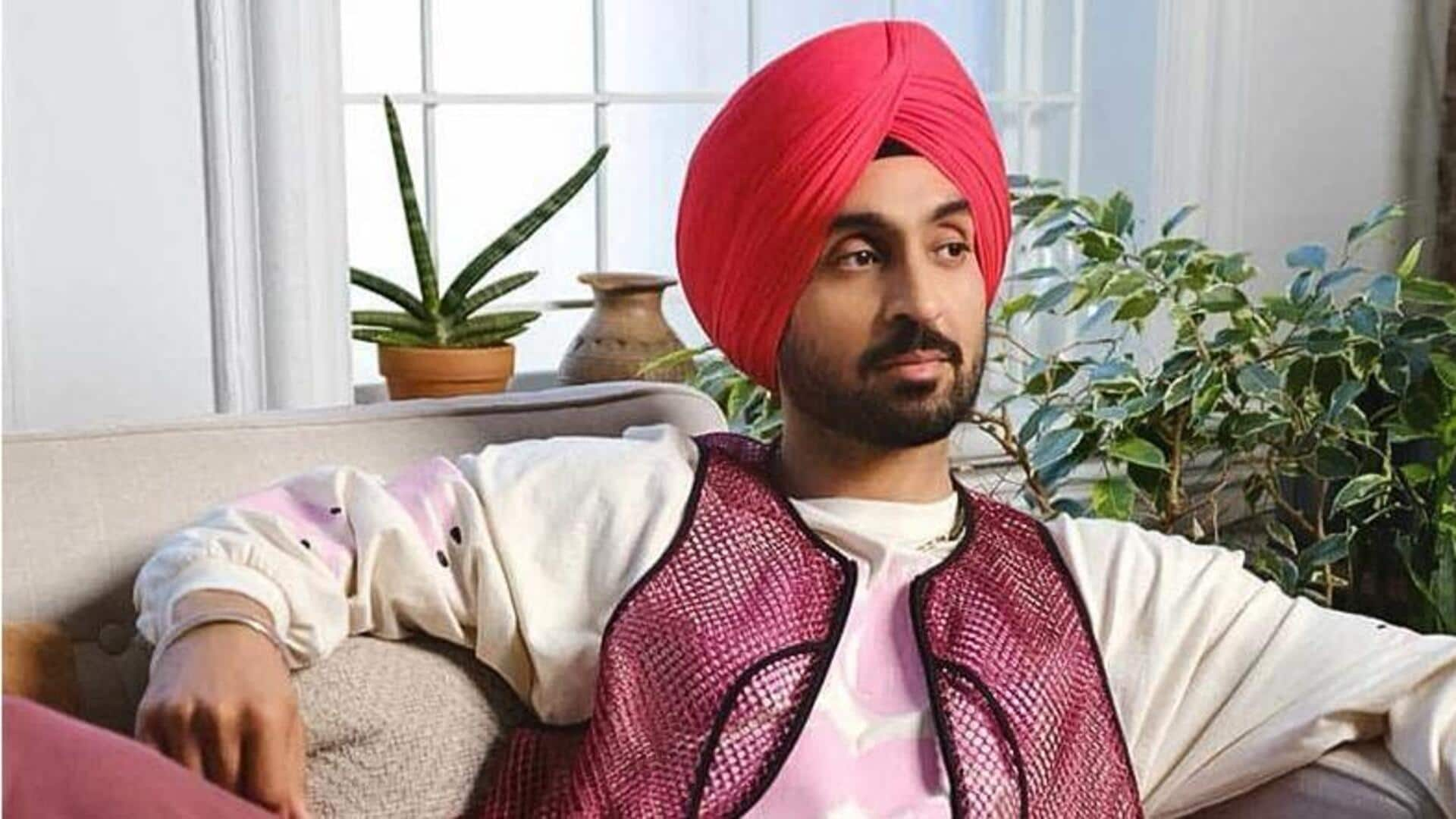
Orry, Diljit Dosanjh among most exploited celeb names for cybercrimes
What's the story
Online protection company McAfee has released its annual 'Celebrity Hacker Hot List 2024,' revealing the top 10 celebrities whose names are most commonly used by cybercriminals to create malicious content.
The list features popular names like Orhan Awatramani (Orry), Diljit Dosanjh, Alia Bhatt, and Virat Kohli.
Their fame is being leveraged to create harmful sites and scams, that often lead to data breaches or financial losses for unsuspecting fans.
Celebrity exploitation
Orry tops the list of most exploited celebrities
Orry tops the list owing to his sudden fame and association with other celebs.
Cybercriminals are leveraging the spike in content related to him, using unverified information about new or upcoming public figures to lure consumers looking for updates.
Dosanjh closely follows Orry on this list, with his upcoming 'Dil-Luminati' concert tour marred by ticketing scam concerns.
AI threats
Deepfakes and GenAI complicate cybersecurity landscape
The rise of generative artificial intelligence (GenAI) and deepfakes has made the cybersecurity landscape even more complicated.
Many celebrities, including Bhatt, Ranveer Singh, and Aamir Khan have fallen victim to misinformation due to these technologies.
McAfee's head of EMEA, Vonny Gamot, warns, "AI-generated deepfakes use existing content to manipulate faces, voices, and even actions."
Celebrity deepfakes
Deepfakes: A tool for misinformation and scams
While Bhatt has been the target of several deepfake incidents, Singh and Khan have been falsely shown endorsing political parties via election-related deepfakes.
Gamot further explains that while certain deepfakes are harmless fun, others can spread misinformation, influence the elections, damage reputations or scam consumers.
Actor Shah Rukh Khan has also appeared in deepfake content that promote betting apps.
Public concern
Indians' growing concern over deepfakes and AI scams
A recent McAfee survey found that 80% Indians are more worried about deepfakes than they were a year ago. Meanwhile, 64% said AI has made spotting online scams more difficult.
Nearly three-quarters of Indians said they have seen deepfake content, while 38% have encountered a deepfake scam and 18% have fallen victim to one.
Among those affected by these scams, 57% mistook a celebrity image, video, or recording for authentic content.
Scam impact
Financial losses from deepfake scams
The survey further revealed that 31% of those who fell for a deepfake scam lost money as a result.
Among those duped by voice cloning or other AI scams, 64% lost money.
Of these victims, 43% lost more than ₹40,000 and an alarming 10% lost over ₹8 lakh.
These findings highlight the major financial risks involved in falling for such scams.